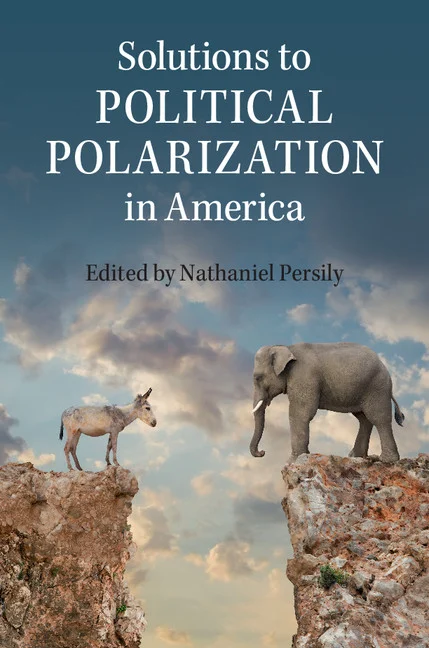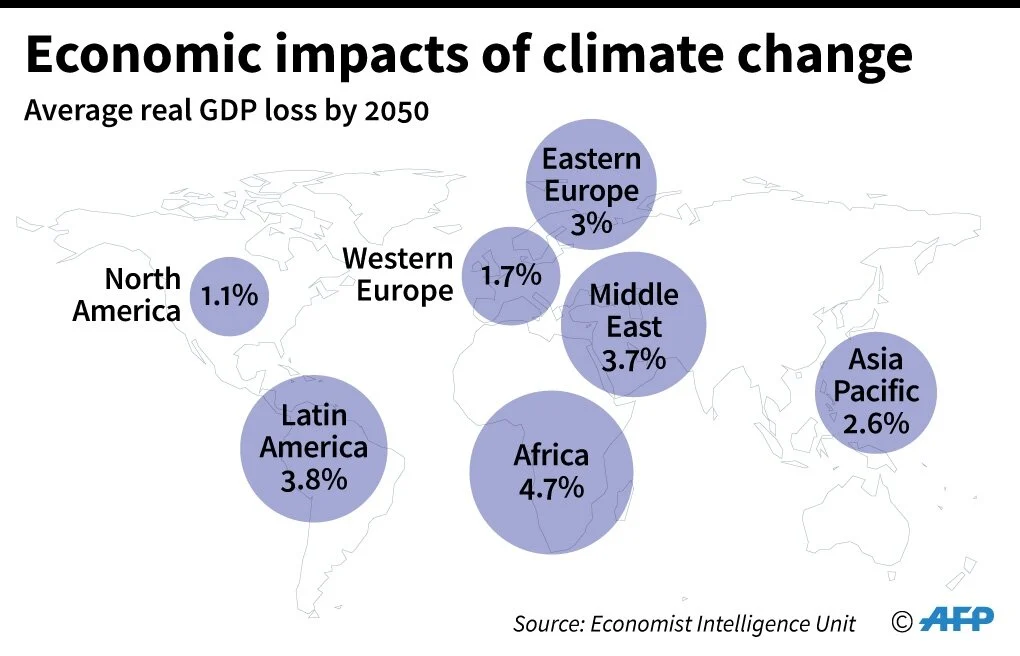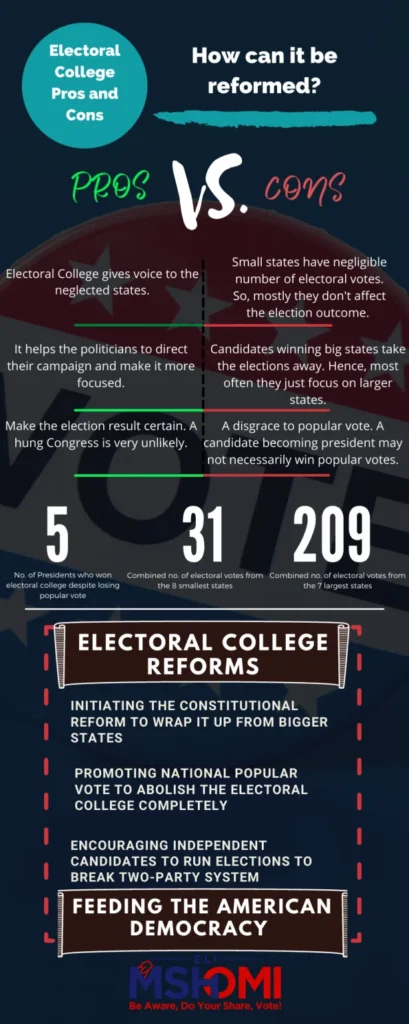Political polarization is a pressing issue in today’s society, characterized by the growing divide between individuals and groups with differing political beliefs. The causes of this polarization are multi-faceted, stemming from factors such as media echo chambers, political tribalism, and the rise of social media. Additionally, the lack of effective communication and understanding between opposing viewpoints has contributed to the widening divide. As a result, finding solutions to mitigate political polarization has become increasingly important in order to promote constructive dialogue and societal cohesion. In this essay, we will delve into the causes of political polarization and explore potential solutions to address this growing issue.
Causes of Political Polarization
Political polarization has been on the rise in recent years, and there are several factors that have contributed to this trend. One of the main causes of political polarization is the rise of social media and online echo chambers. People tend to surround themselves with others who share their beliefs, leading to the reinforcement of their own views and the demonization of opposing perspectives. This creates a breeding ground for polarization as individuals become more entrenched in their own ideological bubbles.
Another factor contributing to political polarization is the role of political elites and media organizations. Politicians and media outlets often engage in divisive rhetoric and tactics to rally their base and gain support, further deepening the divide between different political groups. Additionally, the increasing influence of money in politics has led to the rise of special interest groups and lobbying efforts, which can exacerbate polarization by pushing for extreme policy positions.
Consequences of Political Polarization
The consequences of political polarization are far-reaching and impactful. One major consequence is the breakdown of civil discourse and the inability to have constructive conversations across party lines. This can lead to gridlock in government and an inability to address pressing issues due to partisan bickering. Furthermore, political polarization can contribute to social unrest and division within communities, as individuals become more hostile towards those with differing political beliefs. Additionally, polarization can lead to a lack of trust in institutions and the media, as people become more skeptical of information that does not align with their own worldview.
On a broader scale, political polarization can also have economic consequences, as gridlock in government can lead to a lack of progress on important economic policies. This can in turn impact issues such as infrastructure development, trade agreements, and fiscal policy. Furthermore, polarization can have international implications, as a divided and inward-focused government may struggle to effectively engage with global challenges and diplomacy.
Impact of Media and Information Consumption
The media and how individuals consume information play a significant role in contributing to political polarization. With the rise of cable news and social media, individuals are able to curate their news intake, often gravitating towards sources that align with their own beliefs. This can create an echo chamber effect, where individuals are only exposed to a narrow range of viewpoints, reinforcing their existing beliefs and increasing polarization. Additionally, the spread of misinformation and disinformation on social media can further exacerbate polarization by creating distrust and division based on false or misleading information.
Furthermore, the 24-hour news cycle and the pressure to generate click-worthy headlines can lead to sensationalism and the prioritization of divisive and polarizing stories. This can contribute to a climate of fear and anger, further fueling polarization as individuals become more emotionally charged and less willing to engage in nuanced, thoughtful discussions.
Psychological and Sociological Factors
Political polarization is also influenced by psychological and sociological factors. On a psychological level, individuals may be drawn to polarized thinking due to cognitive biases such as confirmation bias, where they seek out information that confirms their existing beliefs, and motivated reasoning, where they rationalize their pre-existing beliefs and dismiss opposing viewpoints. Additionally, individuals may feel a sense of identity and belonging within their political tribe, leading them to defend their group and demonize outsiders.
Sociologically, political polarization can be fueled by social identity theory, where individuals derive a sense of self-worth and belonging from their political group, leading to ingroup favoritism and outgroup hostility. This can create a “us versus them” mentality that contributes to polarization. Furthermore, societal divisions along lines of race, class, and geography can also play a role in exacerbating political polarization, as individuals may align their political beliefs with their social identities and experiences.
Historical and Cultural Context
Political polarization does not occur in a vacuum, and it is important to consider the historical and cultural context in which it arises. Historical events, such as wars, economic crises, and social movements, can have a lasting impact on societal divisions and political attitudes. Additionally, cultural factors, such as the prevalence of individualism versus collectivism, can shape the way in which political polarization manifests within a society.
Furthermore, the political and cultural narratives that are prevalent within a society can contribute to polarization. For example, the framing of issues such as immigration, healthcare, and national security can shape public opinion and contribute to the deepening of political divides. Understanding the historical and cultural context of political polarization is crucial for developing effective strategies to address and mitigate its impact.
Challenges in Addressing Political Polarization
Addressing political polarization is a complex and multifaceted challenge, as it requires navigating a web of social, psychological, and institutional factors. One of the main challenges is the entrenched nature of polarization, as individuals have become deeply rooted in their ideological camps and resistant to engaging with opposing viewpoints. Additionally, the role of social media and the 24-hour news cycle presents a challenge, as these platforms have fueled polarization and created echo chambers that are difficult to penetrate.
Furthermore, the political and institutional incentives for polarization can present a challenge, as politicians and media organizations may have a vested interest in maintaining and exploiting division for their own gain. Additionally, the lack of trust in institutions and the media can make it difficult to establish common ground and shared facts, further complicating efforts to address polarization.
Potential Solutions to Political Polarization
While addressing political polarization is undoubtedly a complex undertaking, there are potential solutions that can help mitigate its impact. One approach is to focus on improving media literacy and critical thinking skills, equipping individuals with the tools to critically evaluate information and recognize bias. By promoting media literacy, individuals can become more discerning consumers of information and less susceptible to manipulation and misinformation.
Another potential solution is to promote cross-party dialogue and cooperation, fostering opportunities for individuals from different political backgrounds to come together and engage in constructive conversations. This can help break down barriers and humanize the “other side,” leading to greater empathy and understanding. Additionally, efforts to depolarize political discourse and promote civil dialogue within communities and educational institutions can help counteract the divisive rhetoric that fuels polarization. Finally, addressing the structural and institutional factors that contribute to polarization, such as campaign finance reform and redistricting efforts, can help create a more conducive environment for collaboration and compromise.
| Causes | Solutions |
|---|---|
| Media bias and misinformation | Fact-checking and media literacy programs |
| Political tribalism and identity politics | Promoting empathy and understanding of diverse perspectives |
| Economic inequality | Implementing policies to address wealth disparity |
| Online echo chambers | Encouraging civil discourse and exposure to differing opinions |
SONUÇ
Political polarization is fueled by a combination of media bias, political tribalism, economic inequality, and online echo chambers. To address this issue, it is important to promote media literacy, empathy, economic policies that reduce inequality, and civil discourse.



